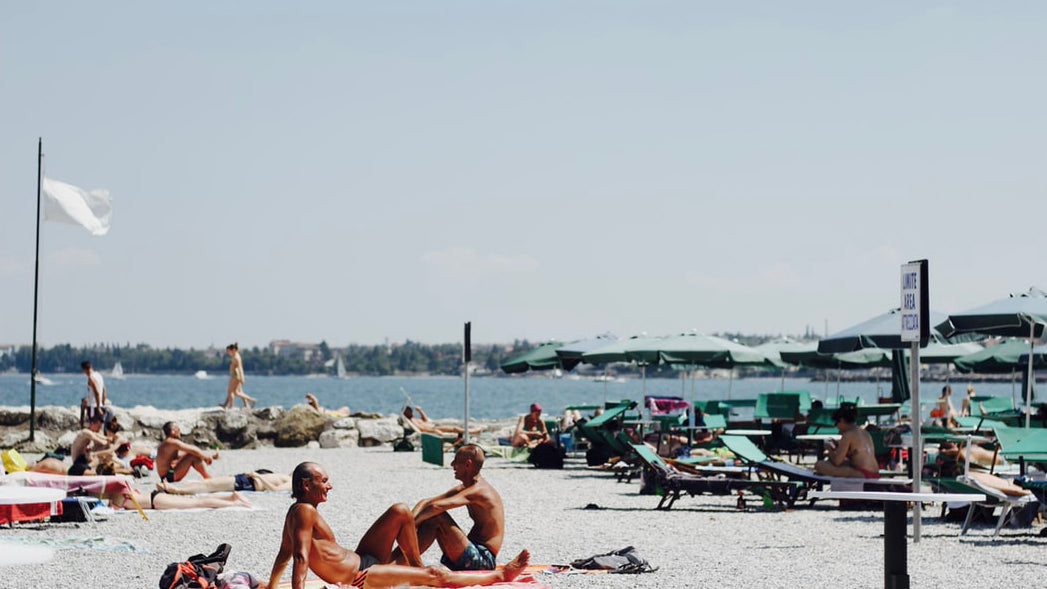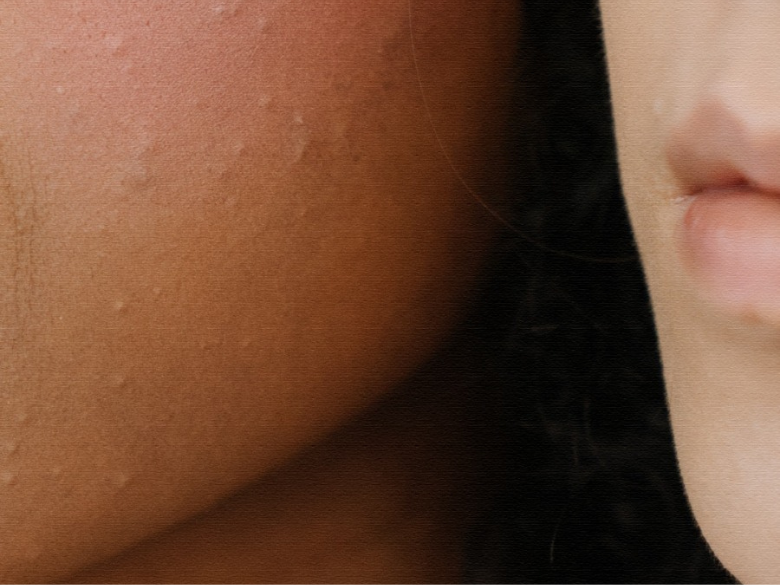Protecting your skin from harmful UV radiation from the sun is an imperative, but a common misconception among a large number of people is that daily sunscreen isn’t a necessity. Perhaps you might be one of them and asking yourself just why it’s so important to properly shield your skin from the sun’s rays.
Our skins are exposed to daily ultraviolet radiation from the sun
The sun emits three different kinds of ultraviolet radiation: UVA, UVB and UVC, with UVA having the longest wavelength, and UVC having the shortest. Fortunately, UVC rays, which have the ability to cause most harm, are blocked by the ozone layer in the Earth’s atmosphere. The ones that reach us are UVA and UVB rays, from which, unprotected exposure can potentially lead to genetic defects, premature aging, eye damage, and skin cancer.
Melanin, the skin's own UV protector
Our skin color is determined by a pigment known as melanin, which is present in different forms and ratios in every one of us. These molecules is our body’s natural UV protectors, absorbing radiation and causing our skin to darken when we are exposed to sun light. Ideally, melanin would spread out all over the skin and gives us an even tan, but it could also clump in small area, causing freckles and moles. Prolonged exposure to the sun allows UV rays to reach the inner skin layers, which, while on the plus side, generates Vitamin D (a hormone that absorbs calcium from food to keep our bones strong and healthy); also causes damage and death of cells on the negative side, leading to aged, wrinkly skin, hyperpigmentation, as well and potentially even a number of diseases.
But taking action to protect yourself against the sun isn’t something that should only happen when you plan a trip down to the beach, for UVA rays are everywhere! The most simplest step to take is to use sunscreen whenever you plan on stepping out of the house. It is ideal to use a broad spectrum sunscreen with a Sun Protection Factor (SPF) of higher than 30. This number is an indicator for how long the sun’s radiation would take to redden the skin. Thus, wearing SPF 30 should take 30 times longer for skin to burn than if not wearing sunscreen at all. And while a sunscreen with broad spectrum coverage and a higher SPF value does offer more protection, additional measures should be taken if spending time in the sun, such as wearing long-sleeved clothing and taking cover under shade, caps and sunglasses.
What steps do you take to protect yourself against the sun?
Sources:
- Ask the Expert: Does a High SPF Protect My Skin Better? (2018, May 24). Retrieved from https://www.skincancer.org/blog/ask-the-expert-does-a-high-spf-protect-my-skin-better/
- Chien, A., & Jacobe, H. (2019, June). UV Radiation & Your Skin. Retrieved from https://www.skincancer.org/risk-factors/uv-radiation/
- Staughton, J. (2016). Why Do People Have Different Skin Colors? Retrieved from https://www.scienceabc.com/humans/melanin-pigment-definition-meaning-skin-color.html
- Javorsky, E. (2018, April 26). How Does Our Skin Protect Us? Retrieved from https://medium.com/getsundots/how-does-our-skin-protect-us-b93bdd4e00e2
- Lavelle, N. (2017, August 21). Appliance of Science: How and why do we get freckles? Retrieved from https://www.irishexaminer.com/lifestyle/features/appliance-of-science-how-and-why-do-we-get-freckles-457438.html
- Vitamin D. (2019, August 7). Retrieved from https://ods.od.nih.gov/factsheets/VitaminD-Consumer/
- (2017, January 26). Effects of Sun Exposure. Retrieved from https://familydoctor.org/effects-early-sun-exposure/
- (2019, July 23). How Do I Protect Myself from Ultraviolet (UV) Rays? Retrieved from https://www.cancer.org/healthy/be-safe-in-sun/uv-protection.html





